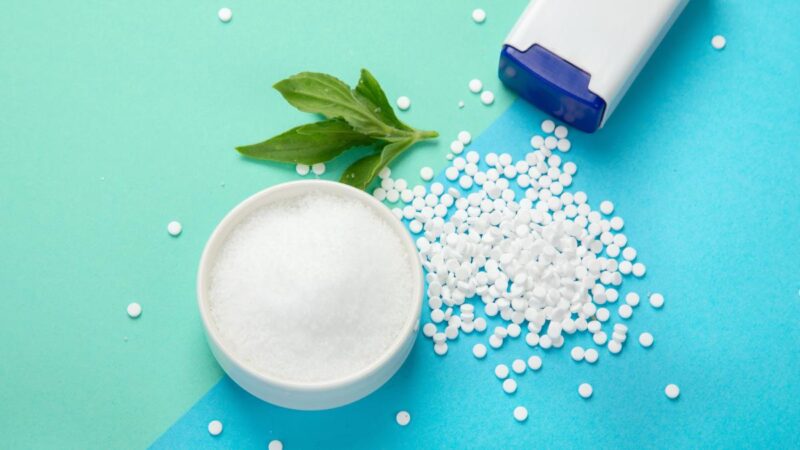Artificial Sweeteners and Blood Clots: Artificial Sweeteners Blood Clots

The relationship between artificial sweeteners and blood clots is a complex and evolving area of scientific research. While there is no definitive evidence to suggest a direct causal link, some studies have raised concerns about potential associations, prompting further investigation into the mechanisms by which these sweeteners might influence blood clotting.
Potential Mechanisms of Action
Artificial sweeteners may potentially influence blood clotting through various mechanisms, including their impact on gut bacteria, inflammation, and blood sugar regulation.
- Gut Microbiota: Artificial sweeteners can alter the composition and function of gut bacteria, which play a crucial role in various physiological processes, including blood clotting. Some studies have suggested that certain artificial sweeteners may promote the growth of specific bacteria associated with increased inflammation and blood clot risk.
- Inflammation: Inflammation is a complex biological response to injury or infection, and it is known to contribute to blood clot formation. Some studies have indicated that artificial sweeteners might promote inflammation, potentially increasing the risk of blood clots.
- Blood Sugar Regulation: Artificial sweeteners are designed to provide sweetness without affecting blood sugar levels. However, some studies have suggested that certain artificial sweeteners may still have subtle effects on blood sugar regulation, potentially influencing blood clotting factors.
Types of Artificial Sweeteners and Blood Clot Risk, Artificial sweeteners blood clots
Numerous types of artificial sweeteners are available, and their potential association with blood clot risk varies.
- Aspartame: Studies on aspartame and blood clot risk have yielded mixed results. Some research suggests a potential association, while others have found no significant link.
- Saccharin: Similar to aspartame, studies on saccharin and blood clot risk have shown conflicting findings. Some research suggests a possible association, while others have not found a clear link.
- Sucralose: Limited research is available on the potential association between sucralose and blood clot risk. However, some studies have indicated a possible link, prompting further investigation.
Artificial sweeteners blood clots – The debate surrounding artificial sweeteners and their potential link to blood clots continues, a complex issue with no easy answers. While athletes push their bodies to the limit, like those competing in the sport climbing olympics 2024 , the potential impact of artificial sweeteners on their health remains a concern.
Ultimately, understanding the long-term effects of these substances is crucial for both athletes and the general public.
The potential link between artificial sweeteners and blood clots is a topic that continues to spark debate among scientists. While research continues to explore this connection, it’s important to remember that physical activity is crucial for overall health. Watching a sport climbing combined olympics video can inspire you to get moving and improve your cardiovascular health, which can play a role in reducing the risk of blood clots.
Staying active, alongside a balanced diet, may help mitigate any potential risks associated with artificial sweeteners.